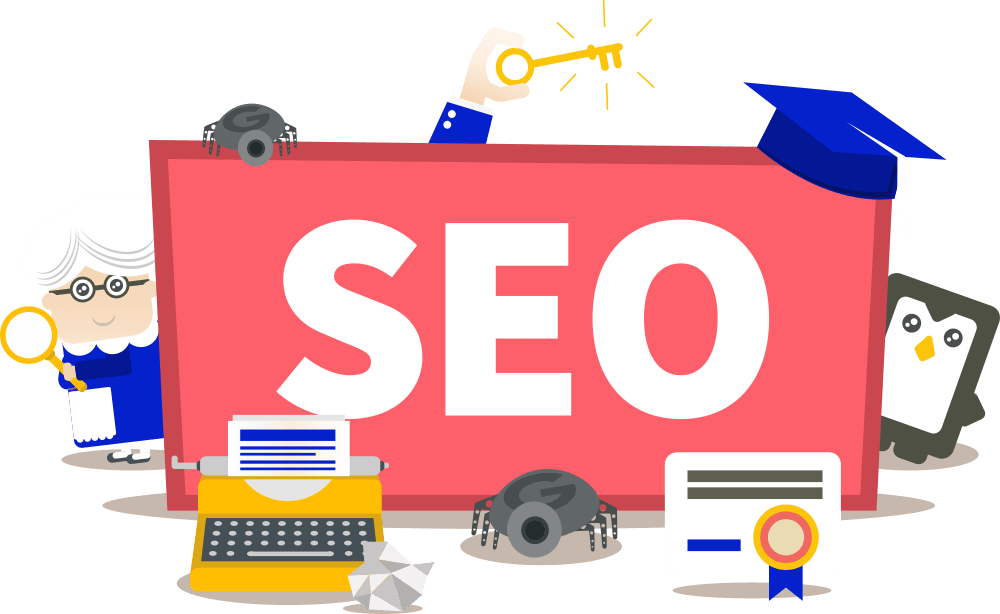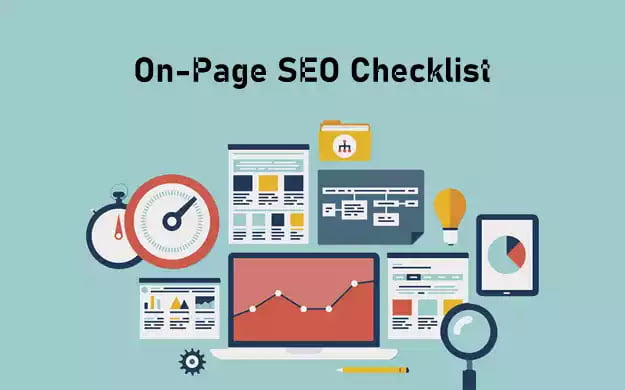Reasons company should hire an SEO consultant
There are several reasons why a company might choose to hire an SEO consultant:
- Expertise: An SEO consultant has a deep understanding of how search engines work and how to optimize a website to rank well on them. This expertise can be valuable in helping a company improve its online visibility and reach.
- Time savings: Optimizing a website for search engines can be a time-consuming process. Hiring an SEO consultant allows a company to focus on other areas of their business while the consultant handles the SEO work.
- Independent perspective: An SEO consultant brings an independent perspective to a company’s website and online marketing efforts. They can provide valuable insights and recommendations that may not have been considered internally.
- Specialization: An SEO consultant may specialize in a particular industry or type of website, which can be helpful for a company in that industry or with a similar type of website.
- Cost-effective: Hiring an SEO consultant can be a cost-effective way for a company to improve its search engine rankings and online visibility. The consultant’s fees are likely to be less than the cost of hiring a full-time employee to handle the company’s SEO efforts.
Benefits of SEO for a business.
SEO, or Search Engine Optimization, is the process of improving the ranking of a website on search engines like Google. There are several benefits to optimizing a website for search engines:
- Increased traffic: A well-optimized website will rank higher on search engine results pages, which means it will attract more organic (i.e., non-paid) traffic.
- Better user experience: A website that is easy for search engines to crawl and understand will also be easier for users to navigate and use.
- Increased credibility: A website that ranks well on search engines is perceived as being more credible and trustworthy.
- Increased revenue: If a website attracts more traffic, it is likely to generate more leads and sales, which can translate into increased revenue for the business.
- Long-term results: Unlike paid advertising, the results of SEO are long-lasting. Once a website is well-optimized and begins to rank well on search engines, it will continue to attract organic traffic for a long time.
SEO is a Long-Run strategy:
SEO is a long-term strategy for improving the visibility and ranking of a website on search engines like Google. Unlike paid advertising, the results of SEO are not immediate, but they can be long-lasting. Here are a few reasons why SEO is better for the long run:
- Sustainable results: When a website ranks well on search engines as a result of SEO efforts, it will continue to attract organic traffic for a long time. This is in contrast to paid advertising, which stops generating traffic as soon as the advertising budget runs out.
- Increased credibility: A website that ranks well on search engines is perceived as being more credible and trustworthy. This can lead to increased trust from users and can help a business build a strong reputation over time.
- Cost-effective: SEO can be a cost-effective way to drive traffic to a website. While there may be upfront costs associated with optimizing a website for search engines, the long-term benefits can far outweigh these costs.
- Adaptability: SEO is an ever-evolving field, and an SEO consultant or in-house team can help a business stay up to date with the latest best practices and algorithms. This can help a business adapt to changes in the search landscape and maintain its ranking over time.
Good source of SEO:
There are several good sources of information and guidance on SEO (Search Engine Optimization), including:
- Search engine guidelines: Search engines like Google provide guidelines on how to optimize a website for their search results. These guidelines can be a useful source of information for understanding how search engines work and what they are looking for in a website.
- Industry blogs and publications: There are many blogs and publications that cover the latest developments and best practices in SEO. Some examples include Search Engine Land, Moz, and Search Engine Journal.
- Professional organizations: Professional organizations like the SEOmoz community and the Search Engine Marketing Professional Organization (SEMPO) provide resources and networking opportunities for SEO professionals.
- Online courses and certification programs: There are a variety of online courses and certification programs available that can provide in-depth training on SEO. Some examples include the Google Analytics Academy and the SEO Certification Program from MOZ.
- SEO consultants and agencies: SEO consultants and agencies specialize in helping businesses improve their search engine rankings and can provide valuable guidance and support. It can be helpful to work with a professional who has experience in your industry or with your type of website.
Tools which are Free to get excellent SEO results:
There are many free tools available for SEO (Search Engine Optimization) that can help businesses improve the ranking and visibility of their websites on search engines like Google. Here are a few examples of free tools in different categories:
Keyword research:
- Google Keyword Planner: This tool helps businesses identify keywords and phrases that are relevant to their products or services.
- Ubersuggest: This tool generates keyword ideas and provides information on search volume and competition.
On-page optimization:
- Google Search Console: This tool allows businesses to monitor and maintain their website’s presence in Google search results. It provides information on crawl errors, security issues, and search traffic.
- Yoast SEO: This is a plugin for WordPress websites that helps optimize a website’s content for search engines. It provides guidance on improving the readability and SEO of pages and posts.
Link analysis:
- Ahrefs: This tool provides information on a website’s backlinks (links from other websites to the business’s website) and helps businesses identify link-building opportunities.
- Open Link Profiler: This tool analyzes the links pointing to a website and provides information on the quality and relevance of those links.
Site audit:
- Screaming Frog: This tool crawls a website and generates a report on any technical issues that could be affecting the website’s SEO.
- Google Lighthouse: This tool analyzes a website’s performance, accessibility, and SEO and provides recommendations for improvement.
Rank tracking:
- SERPWoo: This tool tracks a website’s ranking on search engines and provides information on changes in rankings over time.
- Pro Rank Tracker: This tool tracks a website’s rankings on different search engines and provides alerts for changes in ranking.
In addition to that you can also check
In conclusion, an SEO consultant is a professional who helps businesses improve the ranking and visibility of their websites on search engines like Google. An SEO consultant has expertise in understanding how search engines work and how to optimize a website to rank well on them. Hiring an SEO consultant can be a cost-effective way for a business to improve its search engine rankings and online visibility, and can provide valuable insights and recommendations that may not have been considered internally. Working with an SEO consultant can also save a business time and allow it to focus on other areas of the business while the consultant handles the SEO work. Overall, an SEO consultant can be a valuable resource for any business looking to improve its online presence and reach.







